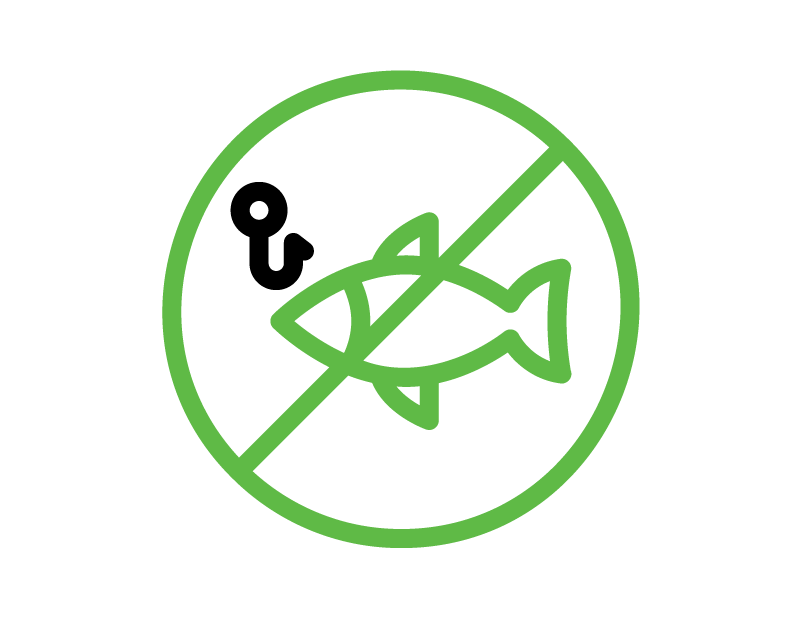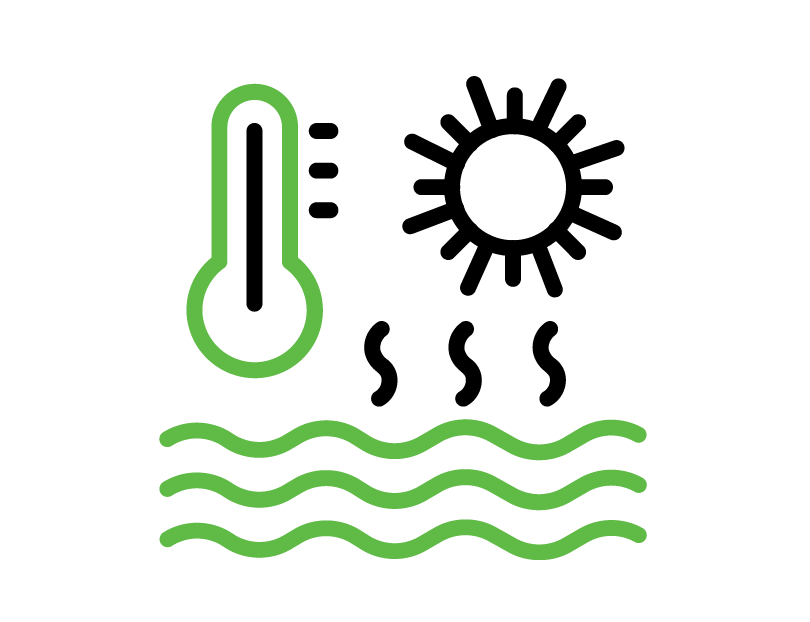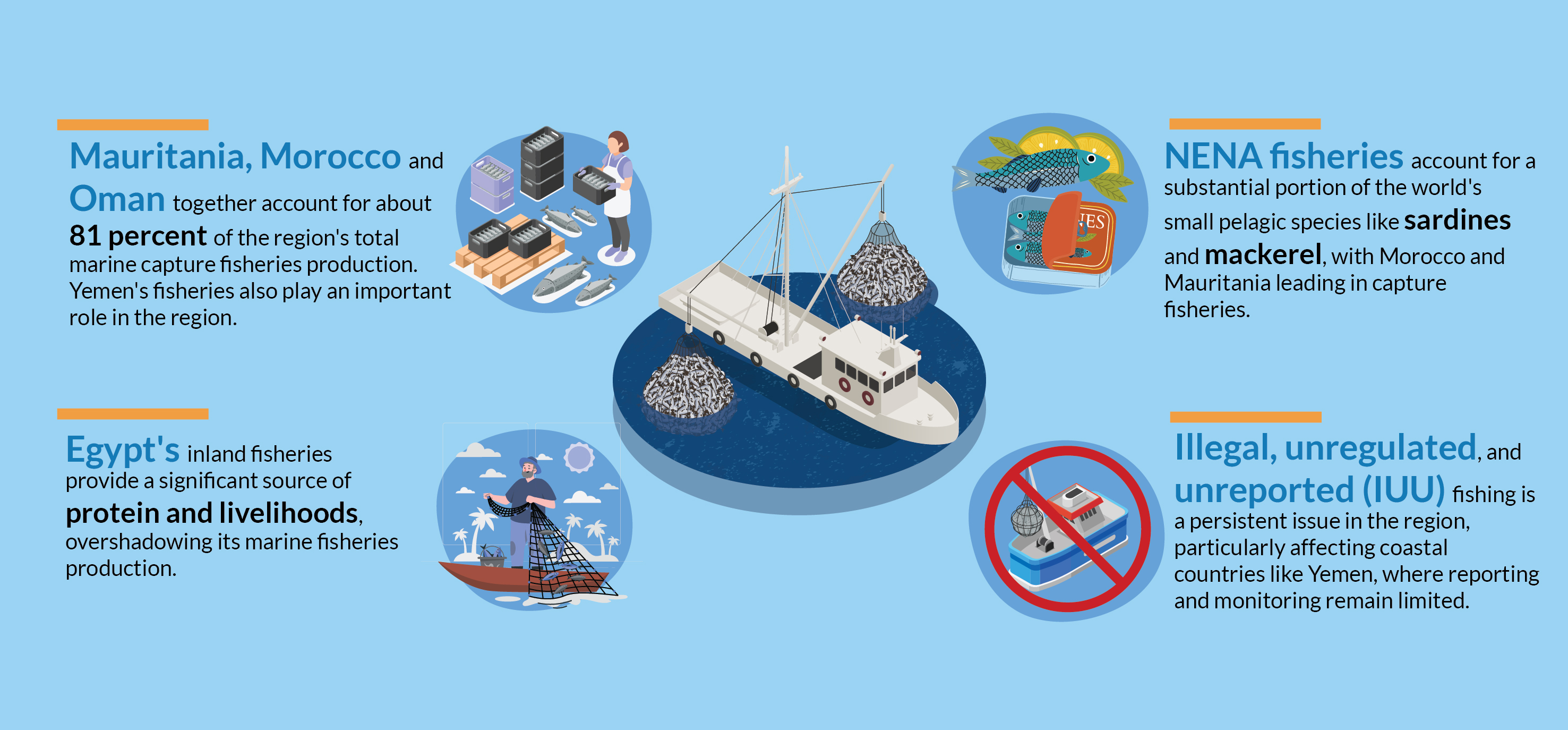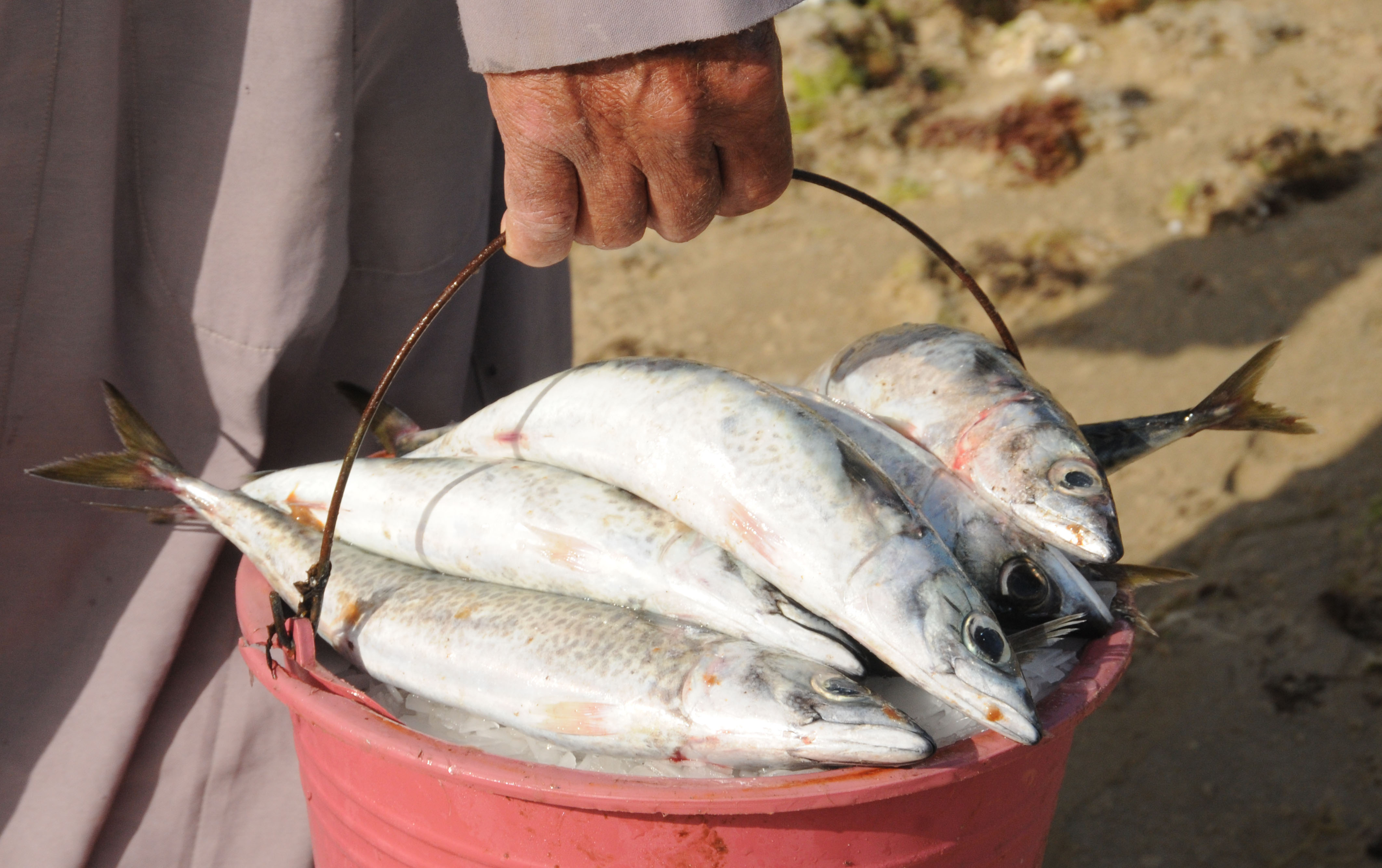Fisheries
Status in the region
Fisheries remain crucial to the economies and food security of several NENA countries. Nations like Morocco and Mauritania benefit from rich marine fisheries, contributing significantly to the region's capture production. Inland fisheries in countries like Egypt, Sudan, and Iraq also provide critical sources of protein and livelihood, especially along the Nile and Tigris-Euphrates rivers.
Despite their importance, fisheries in the region face significant pressures, including overfishing, pollution, and the impacts of climate change. Cooperation among countries is vital to ensure the sustainable management of shared fisheries resources and the livelihoods of the millions of people who depend on them throughout the region, particularly in semi-enclosed waters like the Mediterranean, Red Sea, and Gulf.Challenges
The region faces significant challenges in managing its fisheries sustainably. Overfishing, pollution, and illegal, unreported, and unregulated (IUU) fishing practices have led to the depletion of many fish stocks, while climate change continues to alter marine ecosystems. Governments and regional organizations, with the support of FAO, are working to improve fisheries management, adopt more sustainable practices, and enhance the resilience of coastal and inland fishing communities. Insufficient institutional capacity and coordination between national and regional authorities make it difficult to implement sustainable fisheries practices and enforce regulations. FAO is working with member countries to strengthen these frameworks, helping to build institutional capacity through technical training and policy support. Challenges include:

Overfishing and stock depletion: Many of the region’s fish stocks are over-exploited, particularly in the Mediterranean and Red Sea. This is due to both industrial and artisanal fishing, which often operates without adequate regulation or enforcement.

Pollution and habitat degradation: Coastal pollution from agricultural runoff, untreated wastewater, and industrial activities is severely affecting fish habitats, particularly in the Mediterranean and Red Sea. Inland water bodies face similar issues, with pollution reducing water quality and fish populations.

Illegal, Unreported, and Unregulated (IUU) fishing: IUU fishing is a persistent problem, undermining conservation efforts and the sustainability of fish stocks. It also poses a challenge to local economies by driving down prices and depriving legal fishers of their livelihoods.

Climate change impacts: Rising sea temperatures, ocean acidification, and changes in water salinity are all affecting marine biodiversity and fish migration patterns. Coastal and inland fisheries are particularly vulnerable to the effects of climate change, with potential long-term consequences for regional food security.
Facts and Figures

- Mauritania, Morocco and Oman together account for about 81 percent of the region's total marine capture fisheries production. Yemen’s fisheries also play an important role in the region.
- Egypt’s inland fisheries provide a significant source of protein and livelihoods, overshadowing its marine fisheries production.
- NENA fisheries account for a substantial portion of the world’s small pelagic species like sardines and mackerel, with Morocco and Mauritania leading in capture fisheries.
- Illegal, unregulated, and unreported (IUU) fishing is a persistent issue in the region, particularly affecting coastal countries like Yemen, where reporting and monitoring remain limited.
The Regional Commission for Fisheries (RECOFI)
The Regional Commission for Fisheries (RECOFI) promotes the conservation, management, and sustainable use of living marine resources and the sustainable development of aquaculture in its member states. Established under FAO in 1999, RECOFI covers eight countries in the Gulf and the Arabian Sea. The commission facilitates cooperation among member states, providing a platform for discussions,
capacity-building initiatives, and the adoption of measures aimed at ensuring the long-term sustainability of fisheries and aquaculture in the region.
Our work in action
FAO plays a pivotal role in enhancing the sustainable management of fisheries in the NENA region through various projects and initiatives. One key focus is on improving fisheries data collection and management practices to support informed decision-making. FAO's projects, such as those aimed at assessing the impact of illegal fishing and promoting community-based management strategies, are designed to address specific regional challenges.
Additionally, FAO works closely with countries to strengthen institutional frameworks and enhance the capacity of local fishery stakeholders. This includes technical training programmes on fish stock assessment and fisheries management plans, ensuring that best practices are integrated into national policies. For example, In Yemen, FAO and the Ministry of Agriculture, Irrigation and Fish Wealth (MAIFW) are working to improve sustainable fisheries management through capacity-building efforts that address gaps in data collection and stock assessment. By fostering collaboration among member states and engaging in regional dialogues, FAO aims to ensure the resilience of fisheries resources, ultimately enhancing food security and livelihoods across the NENA region.

